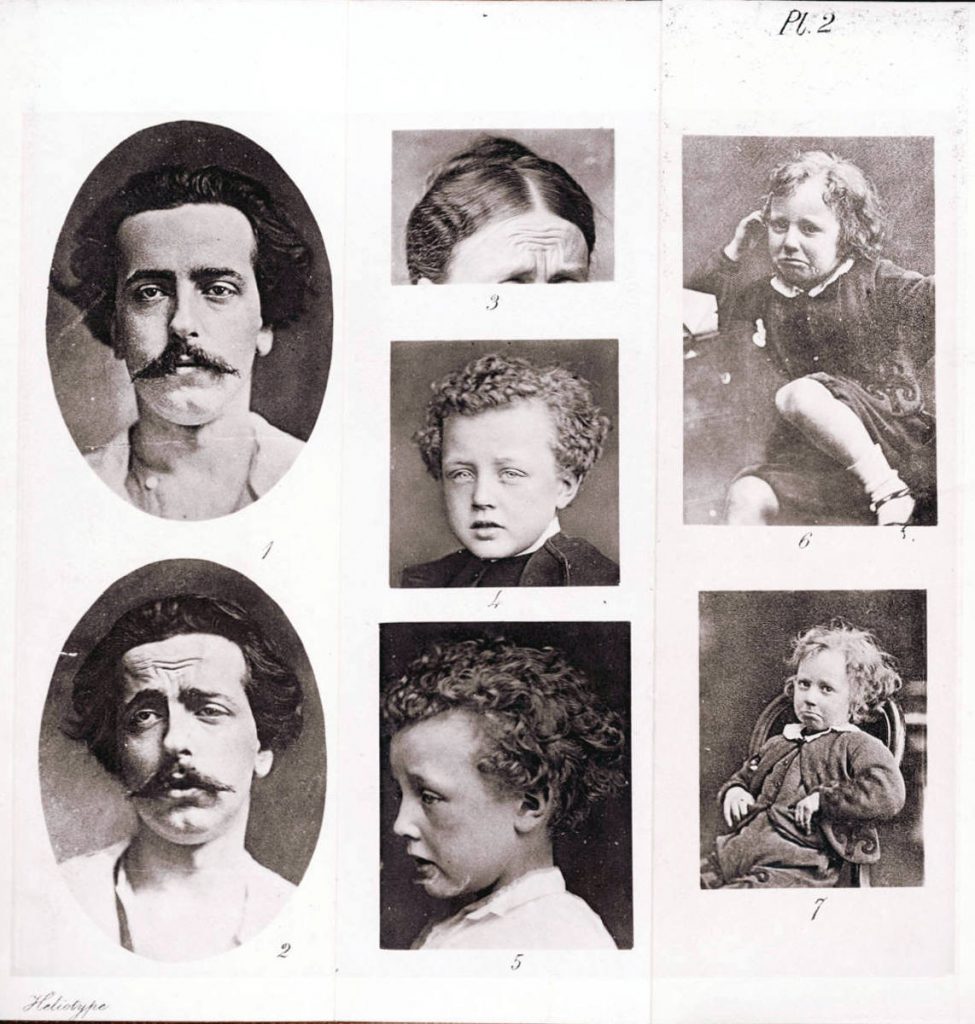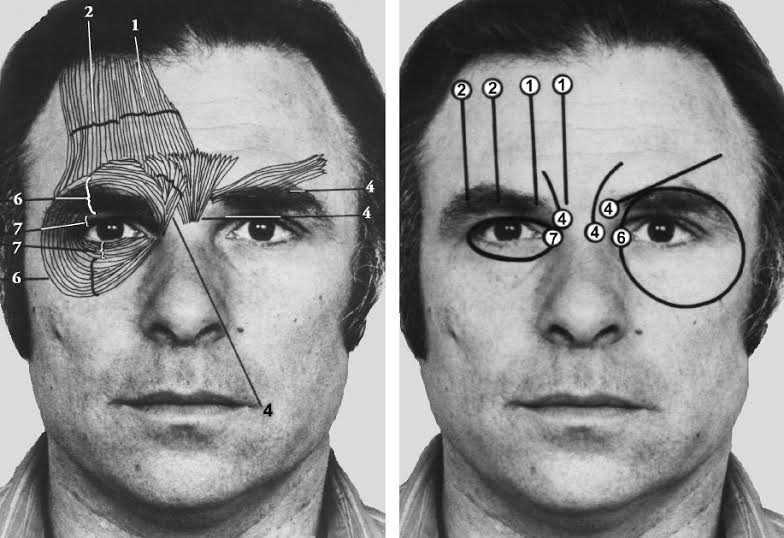The expression of emotions

Integrant part of the human nature and very precious evolutive tool, the emotions are maybe one of the most interesting mysteries of which psychology and neuroscience still succeed to only scratch the surface. Every second of our life, every choice, every thought, is influenced by the emotional status in which, often without paying too much attention to it, we find ourselves. “Try to think rationally” or “don’t let you influence by what happens” are sentences that anyone has been told once in its life. But it’s really possible to disconnect from your own emotional experience? In what way are we influenced by it and to what is it for? In what way the expression of emotions
With the publication in 1872 of “The expression of emotions in the man and in the animals”, it was Charles Darwin himself, father of the Evolutionism, to study for the first time the meaning of the emotions and of their expression on the light of his theories. It was certainly not the first to take an interest to the topic in such a strict and systematic way; in fact, it began in those years the first studies on their biological basis. Darwin himself based his work on the one of other scientists of the time, such as the surgeon Charles Bell and the neurologist Duchenne who studied the expression from the anatomic and electrophysical point of view.

Wanting to reinforce his own theories, Darwin arguments in his work the genetic origin of emotions and its expressions, assuming then a biological and universal nature not tied to the culture and the reference society. He locates six emotions which recognizes as primary: anger, fear, surprise, disgust, happiness and sadness. He also notices how some muscular movements are the physiological manifestation of certain mental states, highlighting the communicative relevance in the social and interpersonal contexts. Inside the essay are present countless illustrations, such as portraits, photographs and anatomical diagrams produced by Charles Bell and Friedrich Henle.
The Darwinian approach in the study of the expression of the emotions takes a great step ahead in the second half of ‘900, thanks to the studies of Paul Ekman. Ekman dedicates the majority of his work to the creation of an “atlas of the emotions” through a systemic method of classification of facial expressions, then amplified to other elements of non-verbal communication. Ekman so studies how each of the primary emotions identified by Darwin it’s expressed through precise muscular configurations of the face. He compares so the data obtained in the different cultures, including some tribes of Papua New Guinea without any contact with civilized societies, so as to be able to demonstrate the universality.

In that historical period the debate on the nature of the emotions, if genetic or connected to culture, it’s still on though. Lots in the academic world, especially between the anthropologists, hold up a cultural genesis of the emotions and Ekman works meet various criticism, mainly methodological. Several psychologists in fact didn’t get to find evidence in their studies which could support his taxonomy of emotions and the expressions that are connected to them.
Ekman applied these new acknowledgments in the study of the lie and its detection through non-verbal signs. Through the analysis of micro-expressions, fast and nearly imperceptible muscular movements which betrays the attempt of supressing an emotion, and of para-verbal aspects like the tone, the volume and the speed of the spoken, are today many the situations in which his studies are applied. On Ekman’s figure has also been based the protagonist Cal Lightman of the TV series “Lie To Me”. The application of his theories on the detection of the lie in areas like anti-terrorism and airport security has however aroused not few questions about the scientific validity of some of his statements.
Nowadays, even if the debate is still open, the scientific evidence aims more and more in the direction of genetical hypothesis. The modern neuro-scientifical knowledges and the birth of disciplines like neuropsychology, which studies the behavioural effect of brain injuries, have given a new push to research in this field. An enormous multitude of data it’s been getting furnished on the topic but with these it comes also likewise unanswered questions. It remains although countless open debates on the topic inside the academic world. Much of what concerns emotions, their biological basis and until what point these influence us in our daily life, will remain for a long time a mystery.

Sono Sara, studentessa di lingue e culture per il commercio internazionale presso l’Università di Verona. Amo scoprire nuove culture e tradizioni attraverso il viaggio, grazie al quale mi sono appassionata alle lingue straniere, ed in particolar modo all’inglese e allo spagnolo. Tra le mie passioni figurano la danza e il canto, due discipline che mi accompagnano sin da piccola e attraverso le quali riesco ad esprimere me stessa, così come la lettura di libri, trascorrere il tempo ascoltando musica e guardare film e serie TV. Uso inoltre la scrittura (creativa e non) come valvola di sfogo per fuggire dalla realtà quando mi ci sento intrappolata. Se mi chiedessero cosa è per me la comunicazione al giorno d’oggi potrei tranquillamente dire che è uno dei vettori su cui si basa la società moderna, ed è perciò di fondamentale importanza veicolarla correttamente







